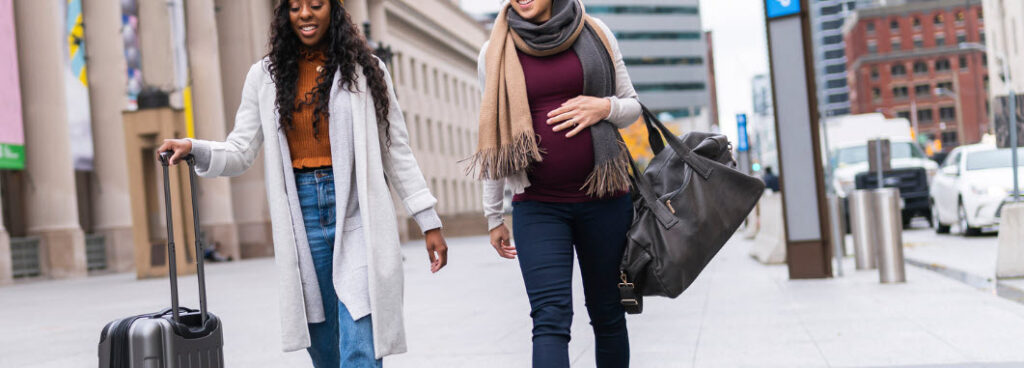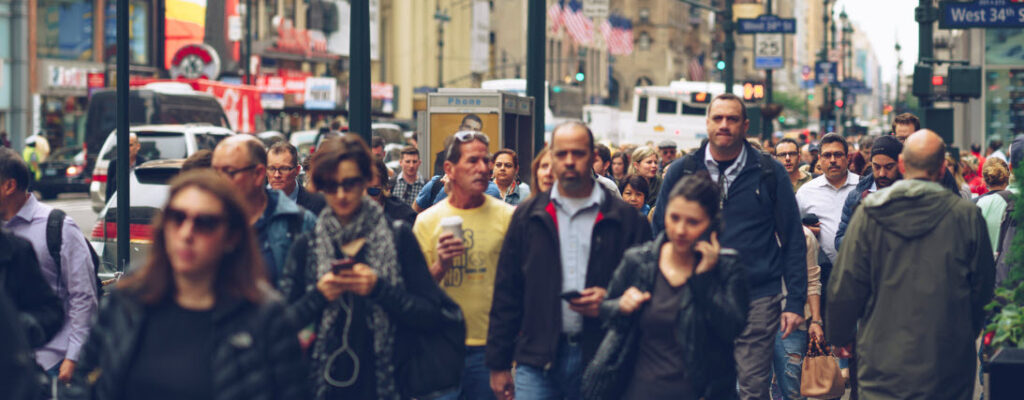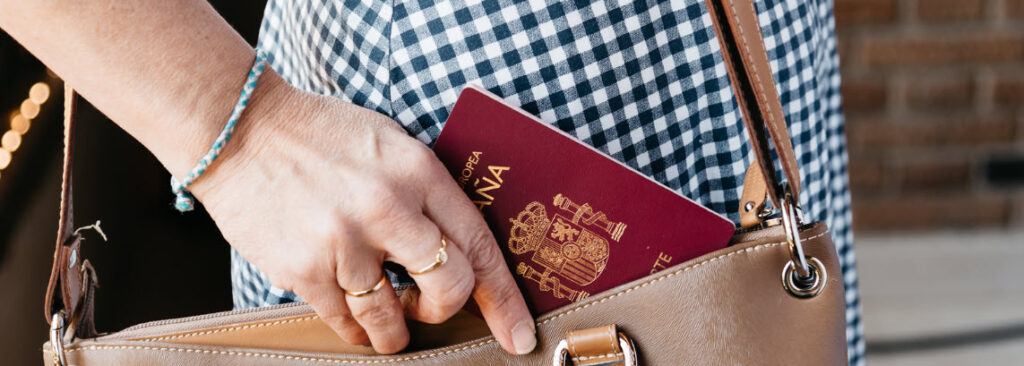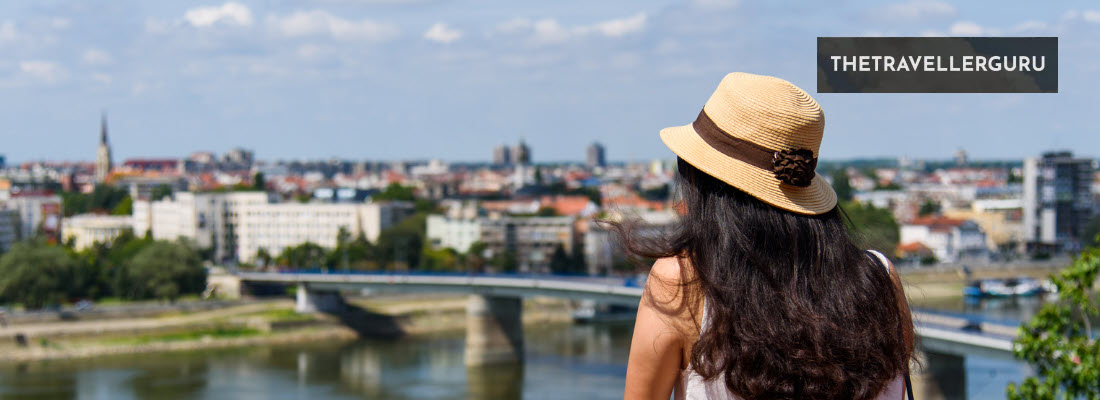Hey there my fellow travel enthusiasts and welcome to my post where we will check out my 10 travel safety tips for women. Now, I am not a woman so am not speaking from experience here however an interaction my wife had to deal with whilst walking alone in Las Vegas recently have brought this subject to the fore.
Traveling as a woman presents unique challenges and whether you’re navigating an international solo trip or embarking on a local adventure, safety remains a paramount concern. It’s not just about the practical aspects, such as securing your valuables or staying healthy, but also about trusting your intuition.
- Research your Destination
- Stay Connected
- Pack Smart
- Secure your Belongings
- Stay in Well-Lit, Populated Areas
- Trust your Instincts
- Learn Key Phrases
- Copy Important Documents
- Stay Sober and Alert
- Choose Accommodations Wisely
Travel Safety Tips for Women
Ok, so let’s run through some tips that can assist in a safe and enjoyable trip for females – whether alone or in a group.
1. Research your Destination
Researching your destination thoroughly is a fundamental step in ensuring a safe and enjoyable travel experience, especially for women. This process involves delving into various aspects of the place you’re visiting, starting with understanding the cultural norms and local customs.
It’s crucial to be aware of the local dress code and social etiquette, as these can vary significantly from one place to another. For instance, what’s considered casual wear in your home country might be inappropriate or even offensive in another culture. Additionally, familiarizing yourself with the local laws and regulations is essential, as legal systems can differ greatly, and something that’s legal in your country might be prohibited elsewhere.
Another key aspect is identifying which areas are safe and which should be avoided, especially for solo female travelers. This includes researching neighborhoods, understanding the reliability and safety of public transportation, and being aware of any travel advisories or warnings issued by your government.
2. Stay Connected
Regardless of your gender, staying connected while traveling is a crucial safety measure and involves maintaining regular communication with family, friends, or trusted individuals about your whereabouts and plans.
Then, as your trip progresses, keep your contacts updated, especially if there are any deviations from your original plan. Additionally, consider purchasing a local SIM card for better connectivity and to avoid roaming charges, ensuring you can make calls, send texts and use data without relying on Wi-Fi.
Having local emergency numbers saved on your phone, along with the contact information for your country’s embassy or consulate, is also essential. Designate a few people as your emergency contacts, ensuring they are prepared to assist if needed. Regular check-ins with your contacts are important; set specific times for these to confirm your safety and whereabouts.

3. Pack Smart
The key here is to pack in a way that allows you to blend in with the local crowd, avoiding drawing unnecessary attention to yourself. This means choosing clothing and accessories that are respectful of the local culture and norms, and avoiding flashy or expensive items that might make you a target for thieves.
Beyond clothing, packing smart also involves choosing the right luggage. A sturdy, secure bag that can be easily carried and monitored is ideal. Anti-theft bags with features like RFID-blocking pockets, slash-proof materials and lockable zippers add an extra layer of security for your valuables as well.
Another aspect of smart packing is being prepared for different scenarios. This includes packing a basic first aid kit, essential medications and copies of important documents like your passport and travel insurance. However, the goal is to pack as lightly as possible. Carrying heavy luggage not only makes you more tired and less mobile but also more vulnerable. Being able to move easily without being weighed down by heavy bags is crucial, especially in unfamiliar environments.
Check out these: Best Travel Backpacks for Women
4. Secure your Belongings
When you’re in unfamiliar environments, the way you handle and protect your possessions can greatly influence your vulnerability to theft or loss. A crossbody bag worn in front of the body, for instance, is more secure than a backpack or a shoulder bag, as it’s harder for someone to snatch or tamper with.
Inside your bag, organization is key. Use internal compartments and packing cubes to keep your items orderly. Keep your most valuable items — like your passport, credit cards and cash — in a hidden money belt or a secure inner pocket of your bag, away from prying eyes.
In crowded places, such as markets, public transport or tourist hotspots, be extra vigilant. These areas are often frequented by pickpockets and handbags are a common target. Hold your bag close to your body and be aware of your surroundings. If you’re carrying a backpack, consider wearing it in front of you in very crowded areas.
When staying in a hotel or hostel, don’t leave valuables out in the open in your room. Use safes if they are available, or lock your belongings in your suitcase. It’s also a good practice to carry a small padlock that can be used on lockers in shared accommodation.

Check out these: Tips for Staying Safe in a Hotel
5. Stay in Well-Lit, Populated Areas
Staying in well-lit, populated areas is a crucial safety tip for travelers, especially for women. When you’re in a new and unfamiliar place, the environment can be unpredictable, and sticking to areas that are well-lit and frequented by people can significantly reduce risks.
These areas are generally considered safer because they are often more public and visible, which can deter potential criminals who prefer operating without being noticed.
When planning your activities, whether it’s sightseeing, dining, or shopping, opt for locations that are known to be busy and have a good flow of people. This is particularly important during the evening or night when the risks can increase. Well-lit streets not only help in avoiding the physical dangers of tripping or getting lost but also provide a sense of security as it’s easier to spot any potential threats and seek help if needed.
If you need to travel at night, whether on foot or by public transport, choose routes that are well-lit and have plenty of pedestrian traffic. Avoid shortcuts through alleys, parks or unlit areas, as these can be hotspots for crime. If you’re using public transportation, wait in areas that are well-lit and preferably have other people around. When using taxis or ride-sharing services, choose pick-up and drop-off points in areas that are not isolated.
6. Trust your Instincts
This is an interesting one but one that helped my wife when a limo drive suggested rather aggressively that she ‘rest’ in his car whilst she waited for an Uber in Vegas recently. Instincts, or gut feelings, are often subconscious reactions informed by our past experiences and observations, even if we’re not immediately aware of it. When traveling, especially in unfamiliar environments, paying attention to these instincts can be a crucial aspect of staying safe.
Your intuition acts as an internal alarm system. It might be a feeling of unease in a particular situation, place or around certain individuals. Sometimes, it’s not about something being obviously wrong, but rather something just not feeling right.
For instance, if you walk into a restaurant or a street and something feels off, it’s important to listen to that feeling. It could be due to subtle cues like the behavior of people around you, the general atmosphere or something else you can’t quite put your finger on.
Trusting your instincts doesn’t mean you have to be paranoid or overly suspicious rather it’s about being aware and responsive to your feelings of comfort and safety. If you feel uncomfortable in a situation, it’s better to err on the side of caution than to ignore your gut feeling and find yourself in a potentially harmful situation.

7. Learn Key Phrases
Learning key phrases in the local language of your travel destination is a highly beneficial practice, especially when your instincts are telling you something is off. When you know the basics of the local language, you’re better equipped to navigate unfamiliar environments, ask for directions, read signs and interact with locals. This can be particularly important in emergencies, where being able to communicate your needs clearly could be crucial.
The phrases you should prioritize learning include greetings, which are essential for polite interaction and questions like “Where is the bathroom?” or “How do I get to [a specific location]?” Knowing how to ask for help – such as “Can you help me?” or “Where is the nearest hospital/police station?” – is particularly important.
Additionally, learning to say “No, thank you” or “I need help” can be invaluable in uncomfortable or unsafe situations. And regardless of culture, don’t be afraid to talk loudly or yell if you feel threatened.
8. Copy Important Documents
When you’re far from home, your documents such as passports, visas, identification cards and travel insurance are your lifelines. In the event of loss or theft, having copies of these documents can be a lifesaver. Hence it’s wise to make both digital and physical copies.
Digital copies can be stored in a secure cloud storage service or on a device like a smartphone or tablet. This ensures that you have access to them even if your physical copies are lost or stolen. However, it’s important to ensure that your digital storage is secure and protected by strong passwords to prevent unauthorized access.
Physical copies, on the other hand, should be kept separately from the originals. For instance, you might keep the originals in a hotel safe while carrying the copies with you in a secure part of your luggage. This way, if your primary documents are lost or stolen, you have backups that can help you prove your identity and facilitate the process of getting replacements.

9. Stay Sober and Alert
This is a tough one and perhaps a little unfair however unfortunately, those that target female travelers tend to look for them in locations where their guard might be inhibited. When you’re in an unfamiliar environment, being in full control of your faculties is key to making safe decisions and responding effectively to any unexpected situations. Alcohol and certain substances can impair your judgment, reduce your awareness of your surroundings, and make you more vulnerable to theft, scam or worse.
And whilst you may feel safe in the bar or restaurant, staying sober is particularly important when you leave and need to navigate unfamiliar places, handle transportation or make important decisions. Alcohol and drugs can impair your ability to do these effectively, increasing the likelihood of accidents or misjudgments.
For example, you might inadvertently wander into an unsafe area, misplace your belongings, or become less cautious about sharing personal information with strangers.
Moreover, in many cultures, being visibly intoxicated can attract negative attention and might be seen as disrespectful. And again, It can also make you a more likely target for criminals.
And of course, leave in a group if you can as well!
10. Choose Accommodations Wisely
And finally, as we have touched on a number of times above, the right accommodation can significantly enhance your safety and overall travel experience. When selecting a place to stay, it’s important to consider several factors beyond just price and amenities.
Firstly, opt for accommodations in safer neighborhoods, ideally close to public transport, dining options and tourist attractions. This not only makes your stay more convenient but also reduces the need to navigate unfamiliar areas, especially at night. Research the area thoroughly, read reviews, and even consider reaching out to local contacts or travel forums for advice.
Security features of the accommodation are also paramount. Look for places with good security measures, such as 24-hour front desk service, secure entry, surveillance cameras and in-room safes. These features can provide peace of mind, especially when you’re carrying valuables or traveling solo.
Another consideration is the type of accommodation. Hotels might offer more security compared to certain hostels or rentals, but well-reviewed hostels with female-only dorms can be a good option too. If you’re considering a rental, such as through Airbnb, look for listings with high ratings and positive reviews regarding safety and the host’s reliability.
Lastly, always trust your instincts when choosing accommodations. If something feels off about a place or the booking process, it’s better to look for other options – even if you have paid and it doesn’t feel right once you get there.

FAQs
How can a solo female traveler ensure her safety while on a trip?
Always trust your instincts and be confident in setting boundaries. It’s crucial to remain alert, look strong, and if needed, don’t hesitate to get loud to deter unwelcome attention. Have local support information on hand and ensure constant access to the internet for safety communications.
What should a woman consider for safe solo travel in unfamiliar countries?
Research the cultural norms and dress codes to blend in and show respect, minimizing unnecessary attention. Familiarize yourself with key phrases in the local language, especially those related to emergencies or seeking help and always keep the contact information for the nearest U.S. embassy or consulate.
Conclusion
So there you have it, my 10 travel safety tips for women. I hope it has been of assistance but as usual, if you have any questions please do not hesitate to reach out by commenting below.
Do you have any other tips to save weight or space when travelling? If so, please comment below.
Until next time
Have fun
Paul






